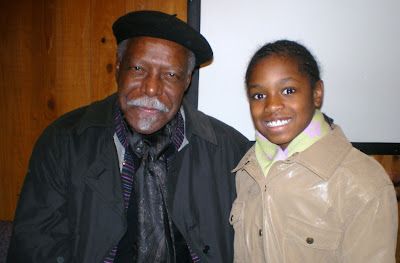
.jpg)
.jpg)
.jpg)
.jpg)
.jpg)
.jpg)
.jpg) Paris Hilton Profile
Paris Hilton ProfileName: Paris Hilton
Birth Name: Paris Whitney Hilton
Height: 5' 8"
Sex: F
Nationality: American
Birth Date: February 17, 1981
Birth Place: New York City, New York, USA
Profession: Actor, Writer, Musician, Model
Education: The Dwight School in New York City
Buckley School in Sherman Oaks, California
Earned GED in 1999
Relationship: Stavros Niarchos (Greek billionaire; separated May 2, 2006), Paris Latsis (Greek shipping heir; engaged May 29, 2005-Sept 2005), Nick Carter (musician; 2003-2004), Jason Shaw (model/actor; engaged in 2001), Leonardo DiCaprio (actor), Rick Salomon (actor)
Father: Rick Hilton (grandson of Hilton hotel-chain founder, Conrad Hilton)
Mother: Kathy Richards Hilton (actress; born on April 7, 1959)
Sister: Nicky Hilton (actress; born on October 5, 1983)
Brother: Barron Nicholas Hilton and Conrad Hughes Hilton
Aunt: Kyle Richards (actress; born on January 11, 1969), Kim Richards (actress; born on September 19, 1964)
Claim to fame: Heiress to the Hilton Hotel empire
Paris Hilton BiographyParis Whitney Hilton (born February 17, 1981) is an American celebutante and businesswoman.
She is best-known through her work in the television series The Simple Life. She has also appeared in several minor film roles, most notably in the horror film House of Wax in 2005. In 2004 she published a tongue-in-cheek autobiography. In 2006, she released her self-titled debut album Paris. Among her many careers, she lists singer, model, actress, author, and television personality. As a result of several legal incidents, Hilton served a widely publicized sentence in a L.A.County Jail facility in 2007.
Born in New York City, New York, Hilton is the oldest of four children of Richard and Kathy Hilton. Paris has a younger sister, Nicky, and younger brothers Barron Nicholas Hilton and Conrad Hughes Hilton.
On the maternal side of her family, Paris is a niece of two child stars of the 1970s, Kim Richards and Kyle Richards. Paris was related by marriage to Nicole Richie's godmother, Nancy Davis, when Nancy's brother, Greg, was married to Kim Richards.
Paris' paternal grandparents are hotel chairman Barron Hilton, and his wife, the former Marilyn Hawley; Barron Hilton's parents were Hilton Hotels founder Conrad Hilton and his first wife, Mary Barron.
Paris moved between several exclusive homes in her youth, including a suite in the Waldorf-Astoria Hotel in Manhattan, Beverly Hills, and the Hamptons. She attended Marywood-Palm Valley School in Rancho Mirage, California her freshman year of high school; Dwight School in New York for her sophomore and junior years; then a few months at Canterbury School in New Milford, Connecticut before dropping out. Hilton eventually earned a GED.
In December 2007, Hilton's grandfather, hotel magnate Barron Hilton, pledged 97% of his estate to a charitable organisation founded by his father, the Conrad N. Hilton Foundation. An immediate pledge of $1.2 billion was made, and a further $1.1 billion after his death. Mr. Hilton cited the actions of his father as the motivation for his pledge. According to reports, the potential inheritance of his grandchildren is sharply diminished.
Hilton has worked as a model, actress, musician, and businesswoman. According to Forbes Magazine, she earned approximately $2 million in 2003–2004, $6.5 million in 2004–2005, and $7 million in 2005–2006.





.jpg)
.jpg)
.jpg)
.jpg)


.jpg)
.jpg)
.jpg)
.jpg)
.jpg)
.jpg)
.jpg)


.jpg)
.jpg)
.jpg)
.jpg)
.jpg)
.jpg)
.jpg)

.jpg)
.jpg)
.jpg)
.jpg)
.jpg)
.jpg)
.jpg)
.jpg)
.jpg)
.jpg)

.jpg)
.jpg)
.jpg)
.jpg)
.jpg)
.jpg)
.jpg)
.jpg)